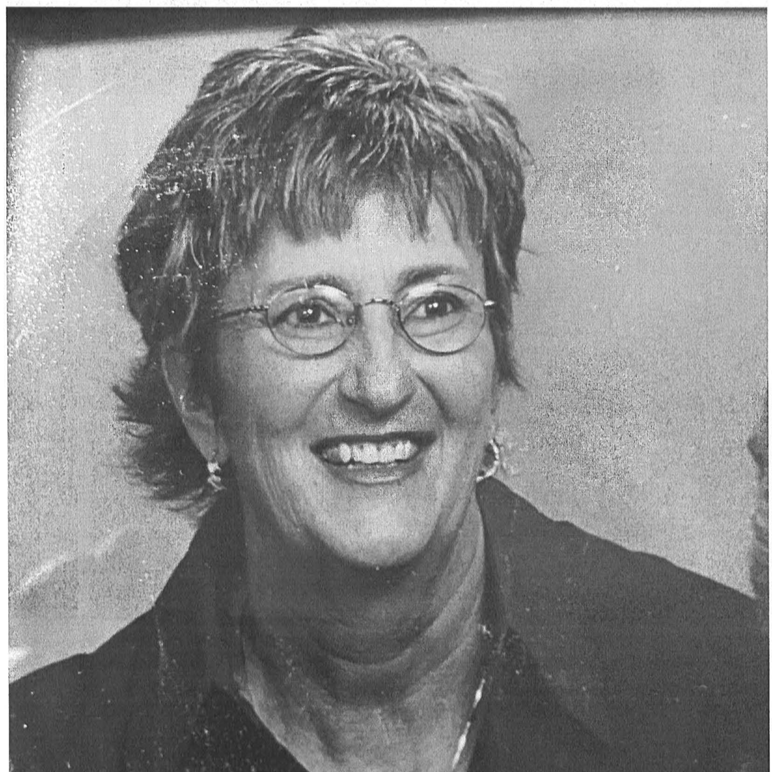Q&A
For over 40 years, Colorado field supervisor Bette Hertneky has brought dedication, local knowledge, and passion to her work with NASDA and NASS. Starting her career as an enumerator in 1984, Bette’s commitment and expertise have made a lasting impact on our program. Read more to learn more about her incredible journey!
What first interested you in working as an enumerator?
I was working for FSA as an aerial spotter—taking photos for their maps—when I met the photographer on the plane. We became good friends, and he mentioned that he worked for NASS as an enumerator, interviewing farmers. Soon after, his supervisor called and interviewed me over the phone. The rest is history!
Tell us about a typical day “in the field” for you.
There’s really no typical day. I always plan my route in advance and call ahead to check if the respondents are available that day. If one isn’t free, I move on to the next farmer on my list. Some days, things happen on the fly, but as farmers get to know you and recognize that you respect their time, you naturally keep things as brief as possible.
What do you think is unique about the farmers and communities you work with?
Farmers are, well, farmers. They’re independent, and while you might not always agree with them, you have to respect their opinions. Each one is unique and does things in their own way, so it’s important not to let personal biases affect your survey.
How have the tools or technology for survey work changed over the years?
Cell phones have made a big difference. They allow us to reach out to farmers when they’re on the road or even working in the field—without interfering with their work. Many field operations are now more flexible, and most farmers are willing to talk at length.
What do you feel is most rewarding about working as an enumerator?
It’s getting to know the farmers and their families. When I call and they answer with a cheerful, “Hey, hi Bette, what’s happening?” it really warms my heart. Last year, after I had heart surgery, several farmers called to check on me. That kind of care speaks volumes about the character of the people I work with.
Do you have any funny or memorable stories from the field?
I once invited two state office employees to join me on a wheat yield project. We had two vehicles—one from the state office and my own—and we were worried that the state vehicle might get stuck in the field. Unfortunately, it did. We ended up cramming everyone into my truck, which only had room for two up front. One of the state employees sat in the front to give me directions, then squeezed into the back. As we drove through the field with him sitting alone in the back of a pickup, we all exchanged looks and eventually leaned out of the window, joking, “If anyone sees us, we’re looking for another job!” As they say, what happens in the field, stays in the field.
How do you stay motivated and keep things interesting after all these years?
It all comes down to the relationships I build with the farmers. I watch their children grow up, share in the disappointment when a crop is ruined by a summer hail storm, and celebrate the joy when a combine unloads into the grain cart on a good day. I probably know a hundred farmers, and I cherish the connection I have with each of them. They’re not just names on a survey—they’re my friends.
What do you think is important for people to know about our role in supporting agriculture?
It’s crucial that reports on agricultural production come from real people working in the field. We strive to gather data from as large a sample as possible. If there’s a gap—if we can’t collect information from a particular area—the overall report becomes less reliable.
When you’re not working, what are your favorite ways to spend time?
I love working in my garden and caring for my flowers. We also enjoy traveling and always try to take a special trip once tax season is over. We were avid scuba divers for many years, though we haven’t had much time for it lately. I also like soaking up the sun during the summer and spending time with my husband at his accounting firm—it gives me a chance to get out, see some of my farmers, and, most importantly, show off all the clothes I’ve bought with my NASDA salary!


